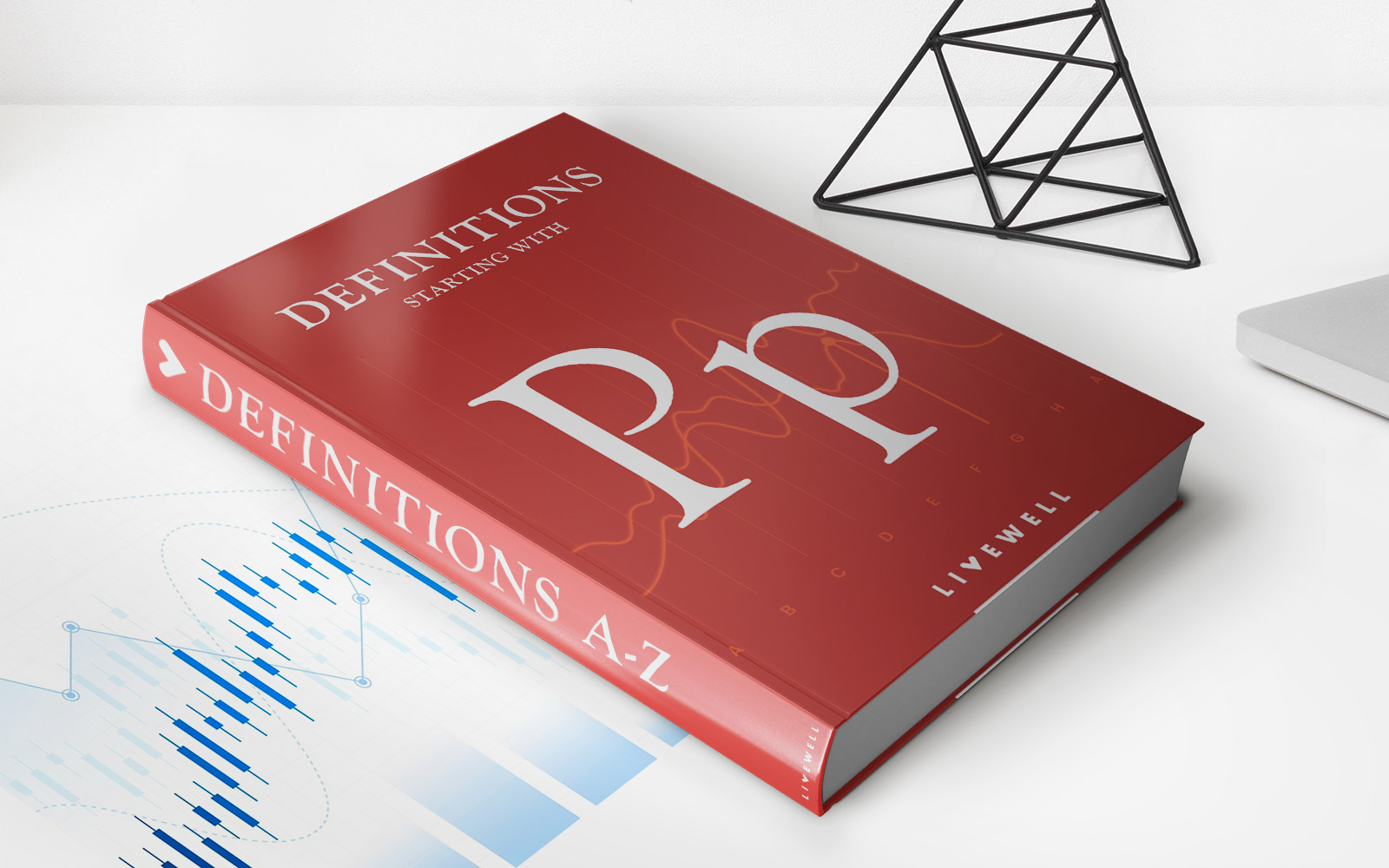

Finance
Brokerage Window Definition
Published: October 19, 2023
Discover the meaning of a brokerage window in the world of finance. Learn how this feature can enhance your investment strategy.
(Many of the links in this article redirect to a specific reviewed product. Your purchase of these products through affiliate links helps to generate commission for LiveWell, at no extra cost. Learn more)
Understanding the Brokerage Window: Unlocking Investment Opportunities
Are you looking to take control of your investments and explore a wider range of opportunities? If so, a brokerage window could be the answer. In this blog post, we’ll dive into what a brokerage window is, how it works, and why you should consider adding this feature to your financial toolkit. So, let’s get started on this exciting journey towards financial freedom!
Key Takeaways:
- A brokerage window is a feature offered by certain retirement plans that allows participants to invest in a wider range of securities beyond the plan’s core investment options.
- By accessing a brokerage window, you can take advantage of a variety of investment vehicles, including stocks, bonds, exchange-traded funds (ETFs), mutual funds, and more.
So, what exactly is a brokerage window? In simple terms, it is a feature available within certain retirement plans that empowers participants to go beyond the limitations of the plan’s pre-selected investment options. Typically, retirement plans offer a limited number of investment choices, such as mutual funds, target-date funds, or index funds. However, by utilizing a brokerage window, you gain the freedom to invest in a much broader range of securities, including individual stocks, bonds, ETFs, and even alternative investments like real estate investment trusts (REITs) or commodities.
Now that we understand what a brokerage window is, let’s take a closer look at how it works. When you access a brokerage window, you essentially open a separate investment account within your retirement plan. This account is usually linked to a reputable brokerage firm, which serves as the custodian of your investments. From there, you can allocate your retirement funds into whichever stocks, bonds, or funds you desire, tailoring your investment strategy to your unique goals and risk tolerance.
So, why should you consider incorporating a brokerage window into your retirement plan? Here are a few compelling reasons:
- Expanded investment opportunities: By accessing a brokerage window, you gain access to a vast array of investment options that may not be available within your plan’s core investment options. This can help diversify your portfolio and potentially enhance your long-term returns.
- Greater control and flexibility: A brokerage window allows you to personalize your investment strategy. You can choose specific stocks, bonds, or funds that align with your investment objectives, preferences, and risk appetite.
- Investment expertise: If you have a solid understanding of the financial markets or want to take a more active role in managing your retirement investments, a brokerage window provides you with the platform to do so. You can leverage your knowledge and expertise to make informed investment decisions.
While a brokerage window presents exciting potential, it’s essential to consider a few factors before diving in. First, closely review the fees associated with using a brokerage window, as they can vary depending on the provider and the investments you choose. Additionally, keep in mind that investments made through a brokerage window carry their own risks and may not be covered by the same protections as the plan’s default investment options.
In conclusion, a brokerage window can be a valuable tool for investors looking to broaden their horizons and take more control of their retirement investments. By offering access to a wider range of securities and greater investment flexibility, it opens up new opportunities to enhance your financial future. Before deciding to utilize a brokerage window, ensure you fully understand the associated risks and fees. Consult with a financial advisor to determine if this option aligns with your investment goals and risk tolerance.














